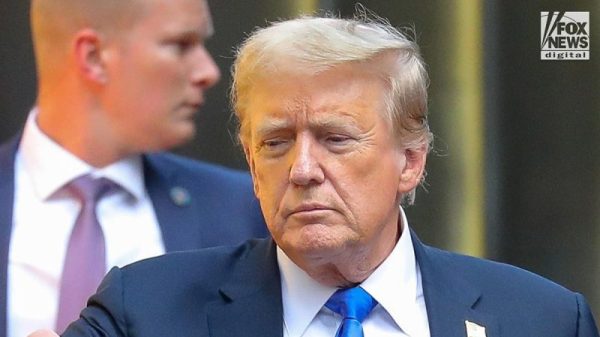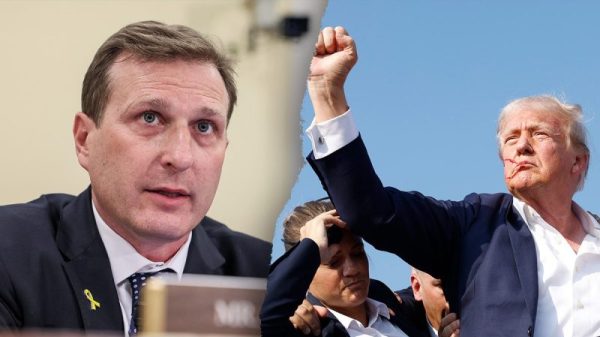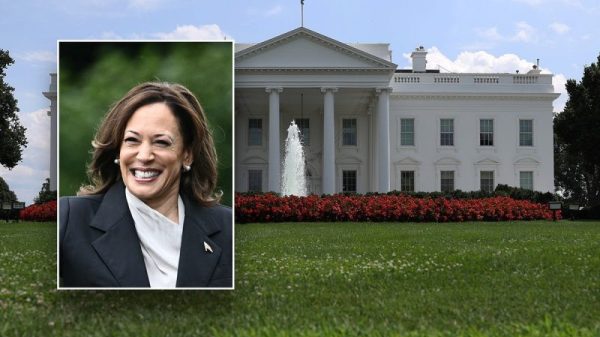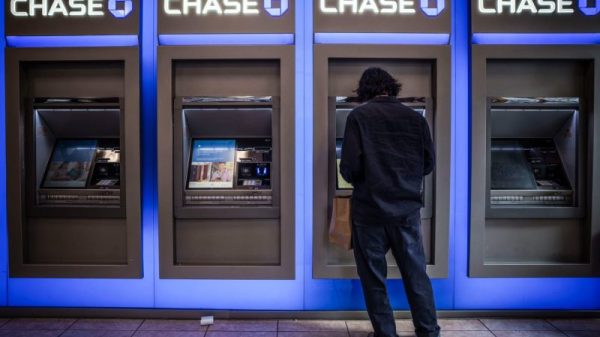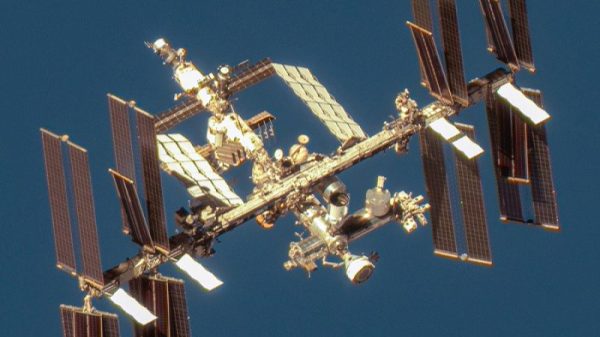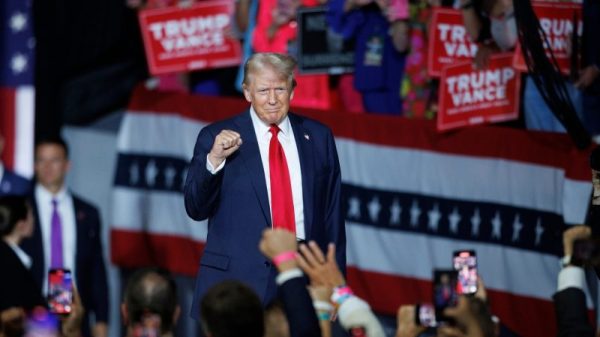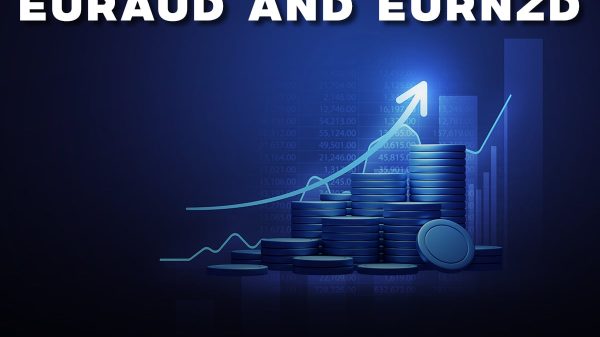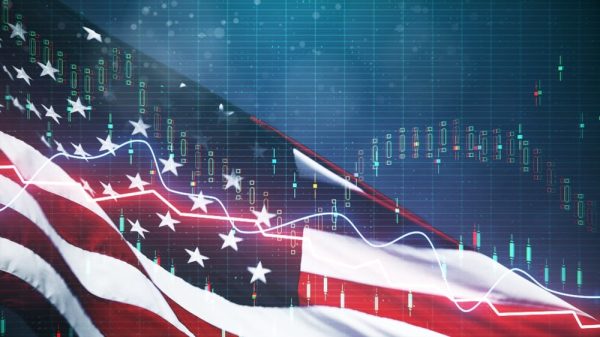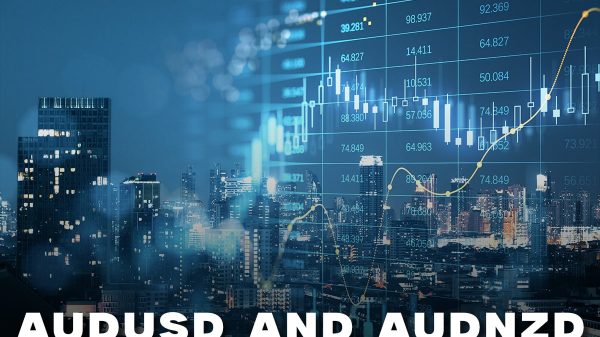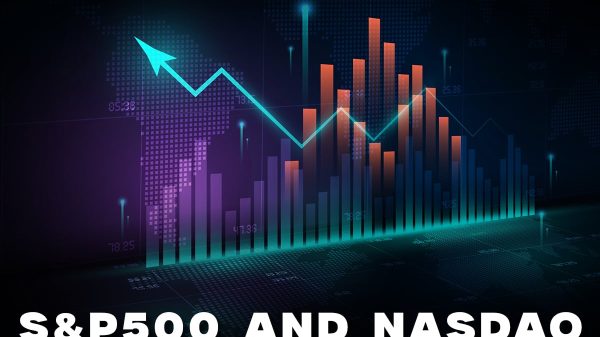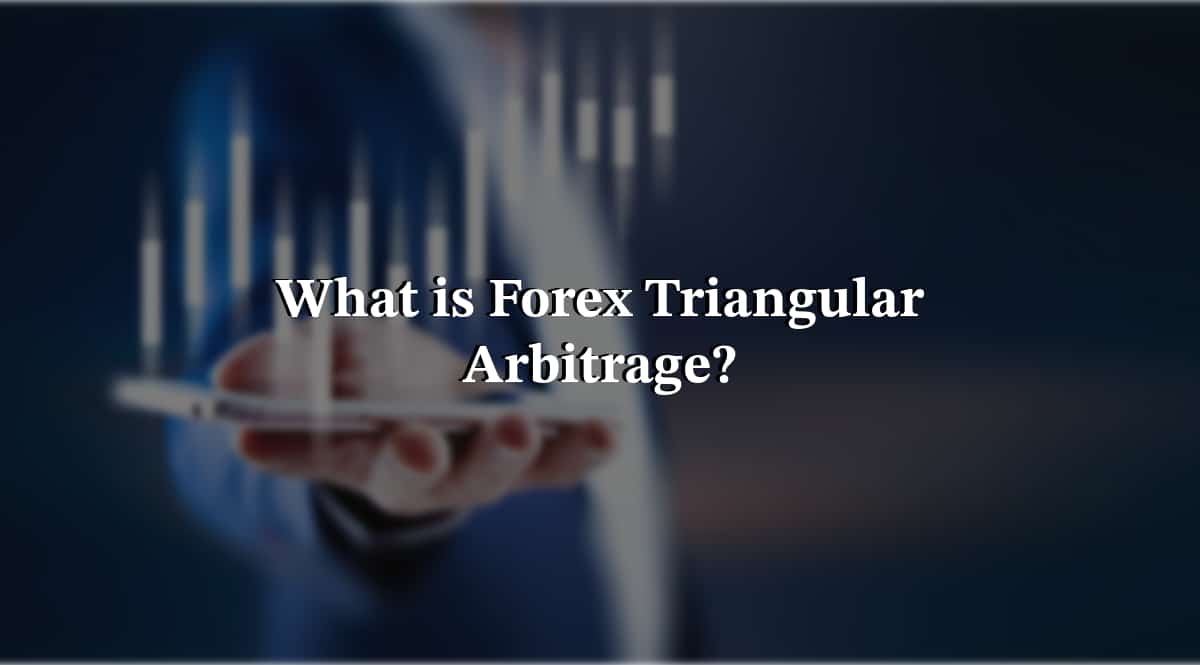What Is Forex Triangular Arbitrage?
Forex triangular arbitrage is a method used by traders to identify pricing discrepancies among three different currencies in the foreign exchange market. If there is a mismatch between the exchange rates of three currency pairs, a trader can exploit that to achieve a risk-free profit.
Advantages of forex triangular arbitrage:
Forex triangular arbitrage has its advantages and disadvantages.
Risk-free profit: One of the key benefits of arbitrage strategies is the opportunity to achieve a risk-free profit. If a trader can perfectly execute the trades, they can lock in a guaranteed profit.
Market efficiency: Triangular arbitrage helps maintain price efficiencies in the forex market. When traders exploit discrepancies, they push prices back to their theoretically correct values. This, in turn, ensures that prices remain consistent across different markets.
Diversification: Triangular arbitrage doesn’t rely on the traditional methods of market prediction. This can help traders diversify their strategies and not be wholly dependent on market trends.
Technology-friendly: With advancements in technology, there are now software and programs that can help traders identify arbitrage opportunities in real time. This reduces the manual effort and increases the speed of execution.
Disadvantages of forex triangular arbitrage
Forex triangular arbitrage also has its disadvantages:
High competition: Given that forex triangular arbitrage offers risk-free profit, it attracts a lot of traders and financial institutions. This high level of competition means that arbitrage opportunities are identified and rectified very quickly.
Execution risk: Speed is critical. A slight delay in executing one of the trades could turn a profitable opportunity into a loss. Due to the rapid nature of the forex market, quotes can change within milliseconds, and an arbitrage opportunity can disappear.
Technological dependence: While the availability of technology is an advantage, there is a heavy dependence on it. Any malfunction or delay in the trading system can be disastrous.
Transaction costs: The potential profit from an arbitrage opportunity may be eroded by transaction costs, especially if the discrepancy in prices is minimal. Each leg of the triangular transaction incurs its own set of costs.
Liquidity issues: Some currency pairs may not have enough liquidity, which means large arbitrage trades could influence the market price. This can result in slippage, where the price at which the trade is executed is different from the expected price, thereby affecting the profitability of the trade.
Operational challenges: Triangular arbitrage requires maintaining accounts in multiple currencies and transferring funds between these accounts swiftly. Such operations can become cumbersome and challenging, especially in countries with strict currency controls.
Leverage risks: To amplify potential profits, traders often use leverage in arbitrage strategies. However, if an arbitrage trade doesn’t go as planned, the leverage can magnify the losses.
Software costs: While there are automated systems available to detect and execute on arbitrage opportunities, they can be costly. Traders must ensure that the profits they make from arbitrage cover the software and technology infrastructure costs.
Forex market
The forex (foreign exchange) market is a captivating financial arena, boasting a unique combination of features that set it apart from other markets. Here are some fascinating aspects of the Forex market:
Massive volume: The forex market is the largest financial market globally. Its sheer size dwarfs the stock and commodities markets.
24-hour trading: Unlike stock markets, which have specific trading hours based on their geographical location, the Forex market operates 24 hours a day, five days a week. This continuous operation is due to the overlapping open hours of major financial centers, including Tokyo, London, Sydney, and New York.
Currency pairs: In the forex market, currencies are traded in pairs, like EUR/USD or USD/JPY. The first currency in the pair is called the base currency, and the second is the quote currency. The price represents how much of the quote currency is needed to purchase one unit of the base currency.
Decentralized market: There’s no central exchange for forex trading. Instead, trading is conducted electronically over-the-counter (OTC), meaning transactions occur via computer networks between traders worldwide rather than on a centralized exchange.
Leverage: The forex market offers significant leverage opportunities. Traders can control large positions with a relatively small amount of capital. While this can amplify profits, it also increases potential losses, making risk management crucial.
Major players: Apart from individual retail traders, the forex market sees participation from central banks, financial institutions, corporations, and governments. Central banks can influence currency values significantly, often using their reserves as a tool to stabilize or increase the value of their currencies.
Forex market and interest rate
Economic indicators: Events and announcements, like interest rate decisions, employment reports, and political changes, can have pronounced effects on the forex market. Traders often use an economic calendar to track and anticipate market-moving events.
Diverse trading strategies: From scalping, where traders seek to profit from small price changes, to position trading, where positions are held for weeks or months, the forex market accommodates various trading styles and strategies.
Spot market and derivatives: While many traders participate in the spot market, where currencies are bought and sold for immediate delivery, there are also the currency futures, options, and swaps markets.
Geopolitical influence: Apart from economic factors, geopolitical events like wars, elections, natural disasters, and financial crises can significantly influence currency values. For instance, political instability can weaken a country’s currency, while positive geopolitical news can strengthen it.
The Forex market’s vastness, continuous operation, and sensitivity to a plethora of factors make it a dynamic and challenging environment. Those looking to participate should arm themselves with knowledge, a keen understanding of global events, and a disciplined approach to managing risk.
Forex triangular arbitrage is a fascinating method to profit from the discrepancies in the currency markets. While it offers the allure of risk-free profits, it’s essential to note that the reality can be quite different.
The speed of the market, combined with technological challenges and transaction costs, can quickly erode potential gains. As with any trading strategy, traders interested in triangular arbitrage should thoroughly understand the intricacies involved, possess the right tools, and be ready to act swiftly when opportunities arise.
The post What Is Forex Triangular Arbitrage? appeared first on FinanceBrokerage.


